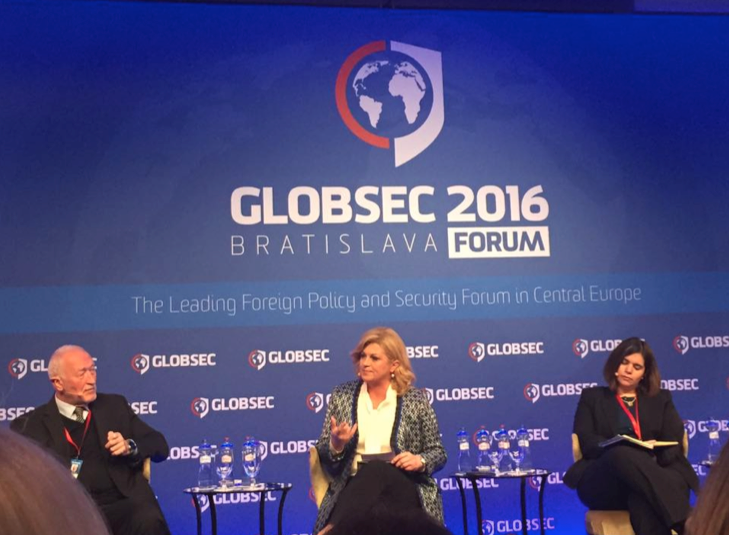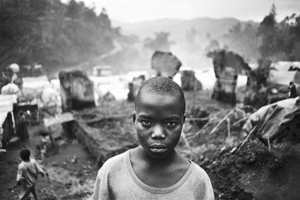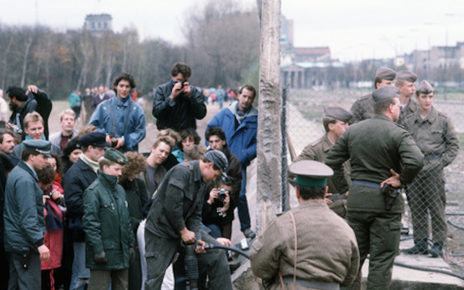The 11th annual GLOBSEC Global Security Forum took place in Bratislava from April 15 to 17, 2016. This year, prominent officials in attendance included Croatia’s first female President Kolinda Grabar-Kitarović, first female U.S. Secretary of State Dr. Madeleine Albright, German Defence Minister Ursula von der Leyen, and Slovenian State Secretary Darja Bavdaž Kuret. Although radicalization, energy security, Brexit, Syria, and the Warsaw Summit were discussed, the migration crisis was the theme that dominated the agenda with particular urgency.
During the panel entitled, “Year of Migration: What European Response?” Croatian President Kolinda Grabar-Kitarović discussed the European response to the migration crisis with František Šebej, Slovak politician; Roland Freudenstein, Deputy Director of the Wilfried Martens Centre for European Studies; and Angeliki Dimitriadi, Research Fellow from the Hellenic Foundation for European and Foreign Policy.
According to Grabar-Kitarović, Europe should show compassion in tackling the migration and refugee crisis because, “the people rebuilding Syria will be the refugees.” She stated that instead of, “quibbling over the quota system”, Europe is in dire need of strong and unified leadership. More controversially, she expressed concerns over women’s rights in Europe, bemoaning the possible creation of, “ghettos in Europe [inhabited by those] who believe that women are secondary in society.” Although the cultural acclimatization of migrants and the status of women is an urgent issue for Europe, it is misleading to equate the arrival of migrants or religious orientation with a lack of respect for women.
Roland Freudenstein, Deputy Director of the Wilfried Martens Centre for European Studies, shared his outlook on the migration and refugee crisis, stating, “this [growth of right wing movements in Europe] is driven by fears of parallel societies.” Freudenstein stressed that Europe currently does not have the infrastructure to integrate the 60 million refugees that are currently fleeing from war-torn countries or failing states. Freudenstein argued in favour of closing the Western Balkan migration route as a feasible way to stem the tide and buy Europe some time.
Slovak politician František Šebej stressed the hazard involved in politicians’ instrumentalizing the refugee crisis to, “improve electability by instigating fear.” Šebej reflected on the politics of fear in Europe, noting, “I think part of [these politicians] are just honestly racists, rather than cynical manipulators.”
According to Angeliki Dimitriadi, Research Fellow from the Hellenic Foundation for European and Foreign Policy, national governments have to work harder to increase the absorption and integration capacity of migrants and refugees into society. Dimitriadi closed the session with the statement: “It’s important to be humane, but it’s also important to work on concrete solutions, and that’s policy.”
Disclaimer: Any views or opinions expressed in articles are solely those of the authors and do not necessarily represent the views of the NATO Association of Canada.




